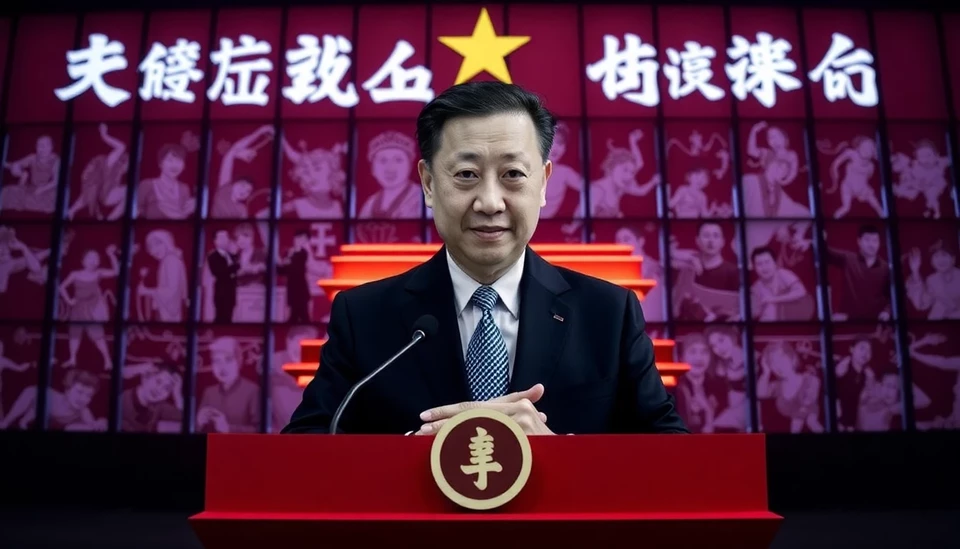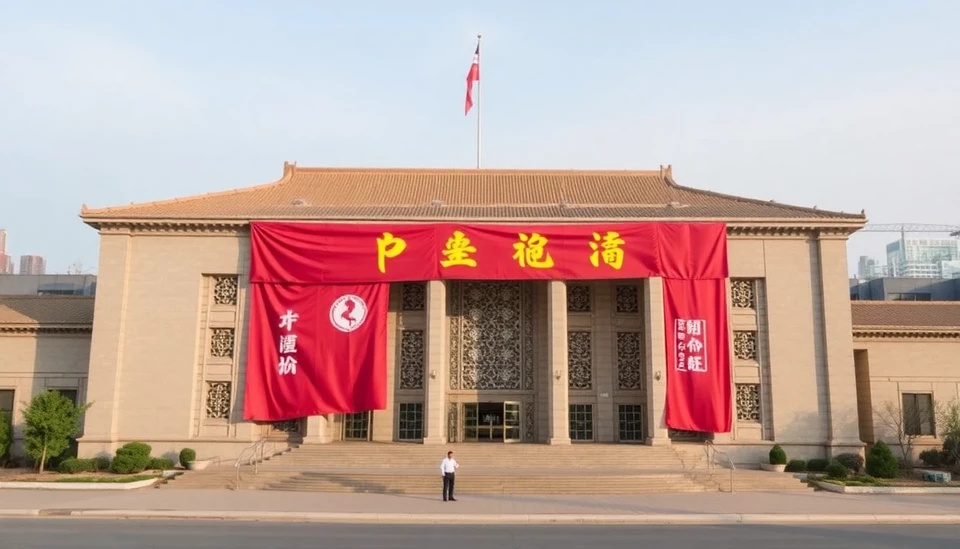
In a significant move that reflects the evolving dynamics of China's currency policy, the People's Bank of China (PBOC) has allowed the yuan to weaken, marking a noteworthy moment as the fixing rate surpasses the crucial 7.2 level against the US dollar. This decision is seen as a deliberate strategy to provide support to the economy amidst ongoing domestic and international pressures.
This latest adjustment comes after a series of pressures faced by the Chinese economy, including sluggish growth indicators and challenges posed by geopolitical tensions. As global markets react, analysts speculate that the PBOC's decision could be a response to bolstering export competitiveness, which has been impacted by a stronger US dollar and cooling demand in key markets.
The PBOC's fixing provides a daily reference rate for the yuan's trading range, and this latest adjustment has raised eyebrows among investors and economists alike. For many, it signals that the central bank is willing to tolerate a weaker yuan as a means to stimulate economic activity. Investors will be closely monitoring how this affects China's trade balance and its broader economic landscape in the coming months.
Market analysts are interpreting the PBOC’s actions as a potential shift in monetary policy, indicating that authorities may be paving the way for further interventions if the economic slowdown continues. The central bank's move could also be viewed as a strategic maneuver in response to the Federal Reserve’s continued rate hikes, which have strengthened the dollar and exerted additional pressure on emerging market currencies, including the yuan.
While the PBOC maintains that it will continue to prioritize currency stability, the recent fixing suggests an openness to fluctuations, particularly as external economic pressures grow. The flexibility shown by the PBOC may not only influence currency traders but could also have ramifications for businesses depending heavily on foreign transactions or investments.
As China's economy grapples with ongoing uncertainties, the implications of a weaker yuan extend beyond the borders of China, hinting at potential shifts in global trade dynamics and economic partnerships. Businesses and analysts are now keenly aware of the possible long-term consequences of this new approach to currency management, with many advocating for adaptive strategies to cope with a more volatile environment.
Moving forward, the PBOC's policy decisions will play a critical role in shaping both domestic economic growth and international perceptions of China's financial stability. Stakeholders will be watching for any signs of further adjustments to the yuan's valuation as the PBOC navigates the complexities of the global economy.
#PBOC #YuanWeakness #CurrencyPolicy #ChinaEconomy #GlobalMarkets #ForexTrading #EconomicGrowth
Author: Laura Mitchell




